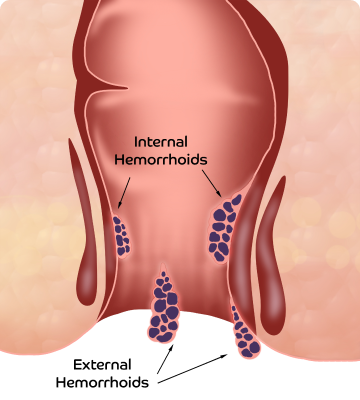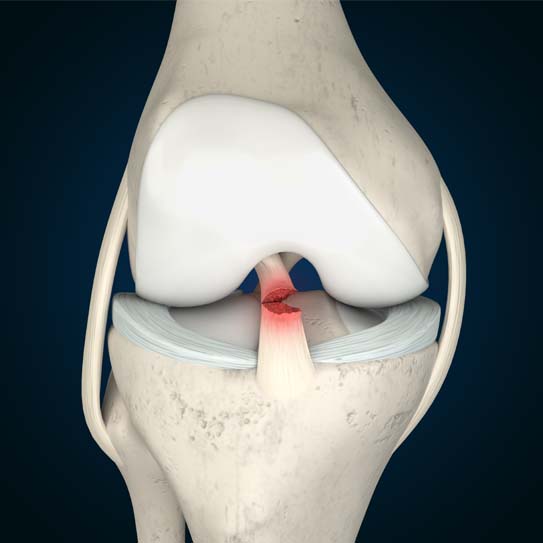What happens when you ignore an ACL injury?
Ligaments do not receive adequate blood supply to heal on their own. Therefore, ACL injuries do not heal on their own. If left untreated, they will progressively get worse and lead to:
- Instability of the knee joint: An injured ACL joint cannot sustain any weight and progressively becomes more and more unstable till the knee becomes too unstable to even walk.
- Pain: ACL injuries are riddled with pain. Without treatment, the pain increases over time, and the knee swells up so much that the person starts having difficulty even moving it.
- Disability: Without due treatment, the knee joint permanently loses its ability to bend and straighten, leading to permanent disability.
- Arthritis: As the ligament cannot function properly in an ACL injury, its functional load is born by the surrounding tissues such as bones, tendons, and muscles. This additional strain can promote arthritis development in many people.
What does rehabilitation for ACL injury for athletes entail?
Typically, rehabilitation for ACL injuries lasts for around 4-5 weeks, but since athletes put more strain on their joints, they need longer rehab periods for better movement and to prevent recurrence of the injury.
Rehabilitation for knee injuries mainly focuses on treating the injuring and providing the patient their desired range of motion for the joint. The treatment is performed with three goals in mind:
- Stabilizing the joint to promote healing
- Strengthening the joint to increase the range of motion of the joint
- Increasing joint flexibility to decrease the chances of re-injury following the return to sports.
Most athletes can start training for their sports about 4-6 months after the surgery, but doctors recommend a full rehabilitation before they start participating in the sports again. The rehabilitation period can be divided into:
- Phase 1: 3-4 months after surgery- Regain strength and improve the flexibility of the joint
- Phase 2: 4-6 months after surgery- Low-level fitness and performance agility drills
- Phase 3: 5-8 months after surgery- Jumping exercises
- Phase 4: 6-9 months after surgery- Single-leg jumping exercises with sports-specific cutting
- Phase 5: 9-12 months post-surgery- Steadily increase sports drills till former skill is achieved while focusing on preventing re-injury.









.svg)









